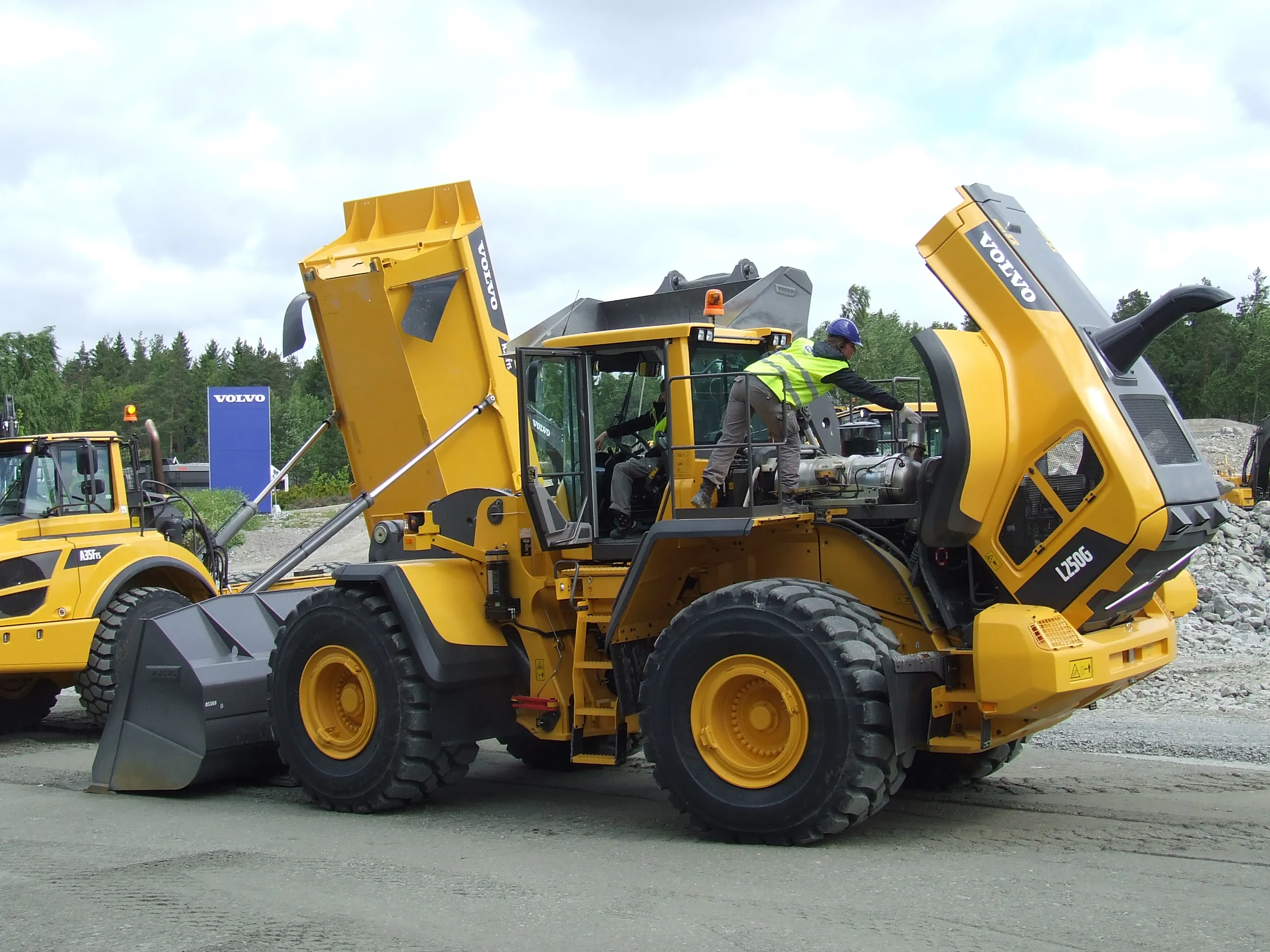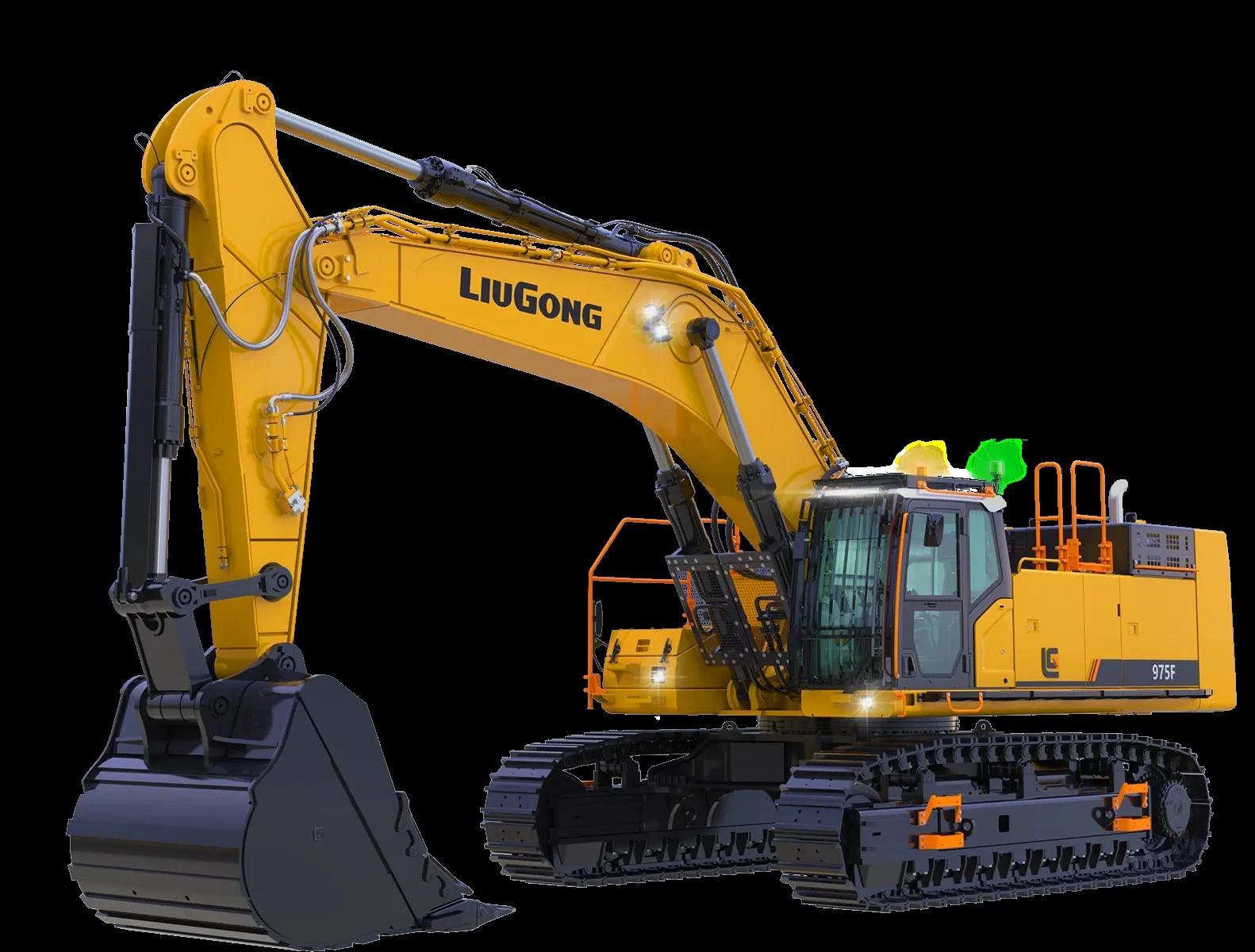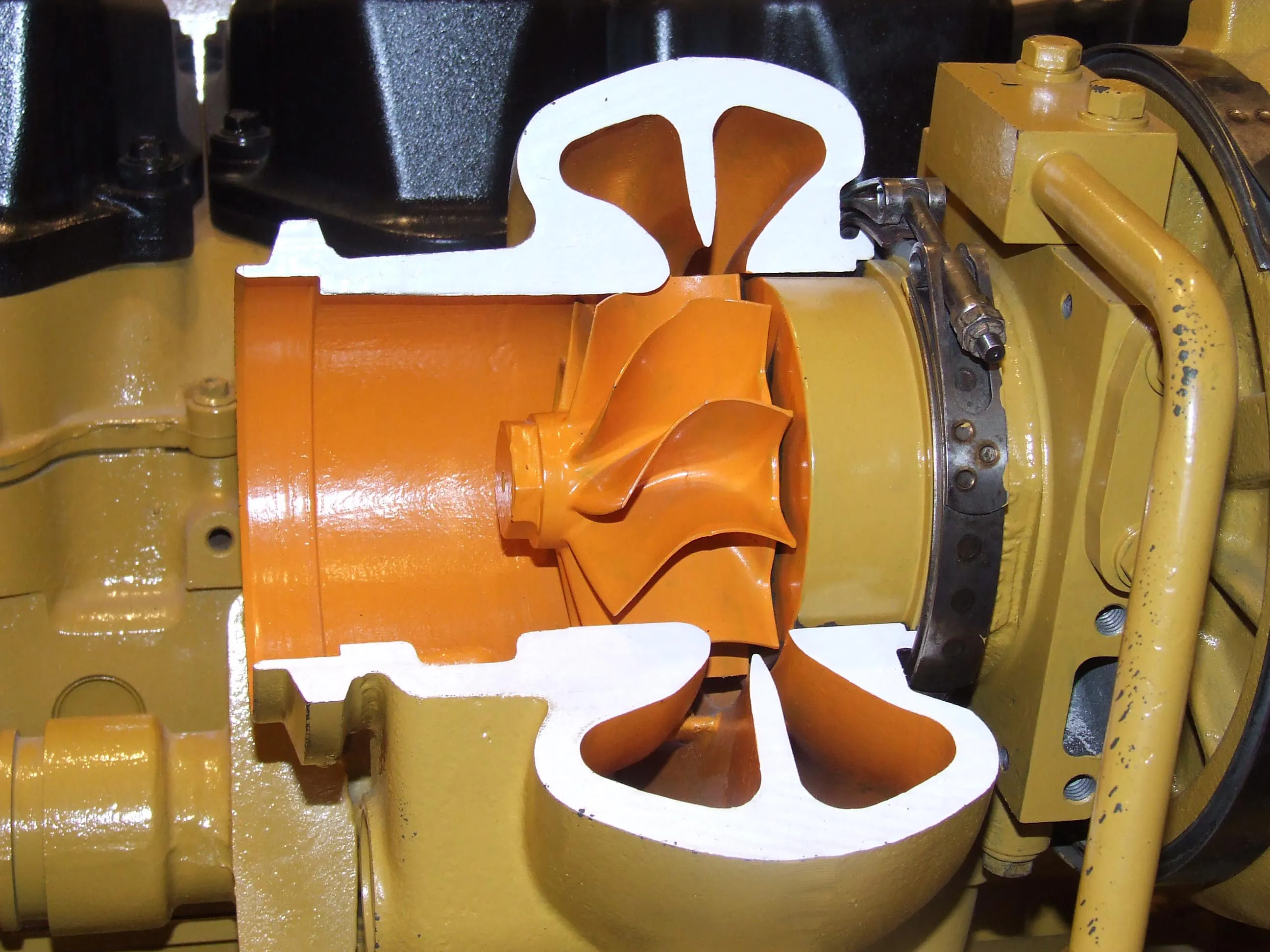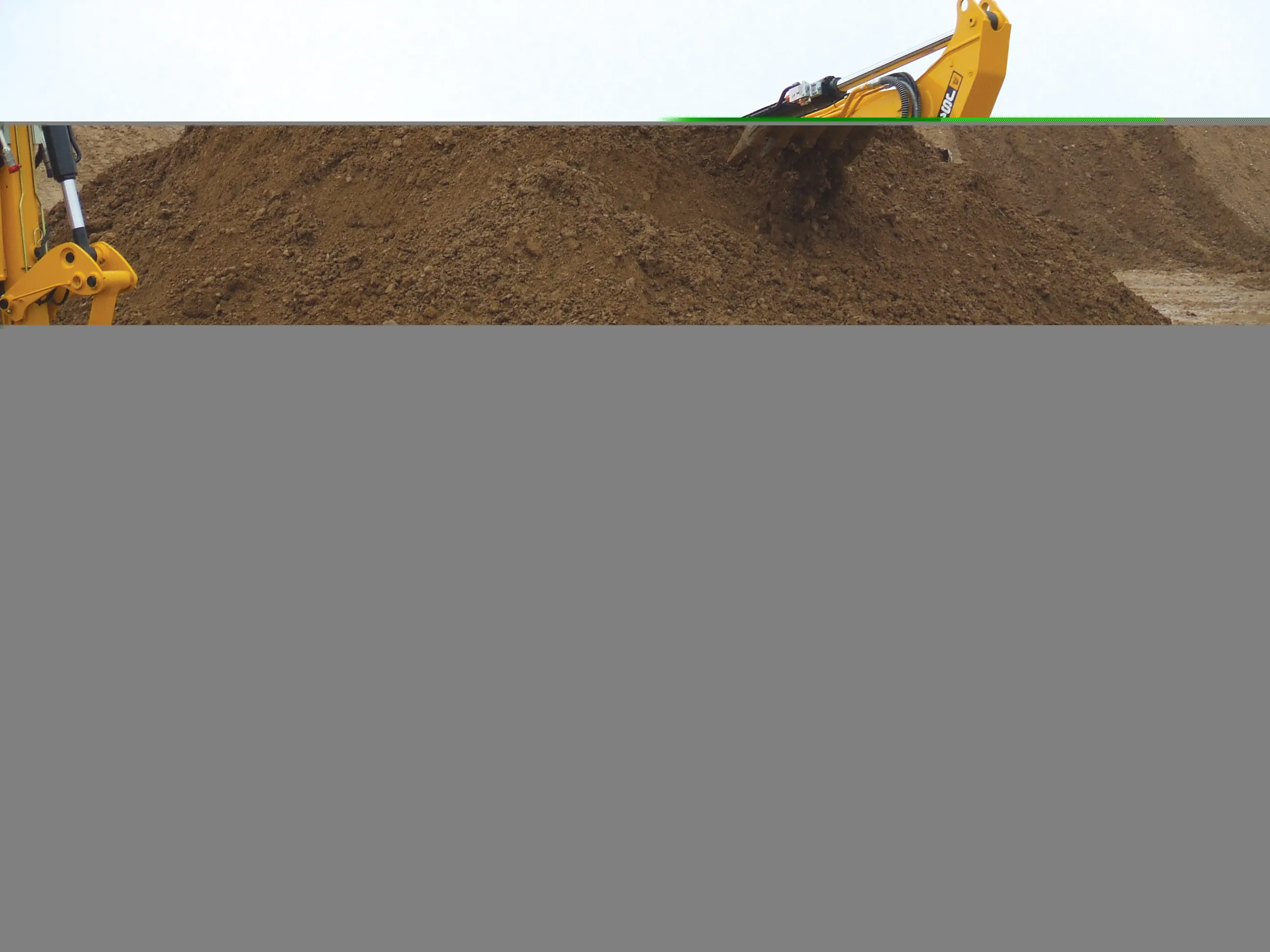Great Wall Motor has become the first Chinese carmaker to open an assembly plant in Europe as it aims to lift sales in the region and, according to a company statement, is also a symbolic event for Chinese auto brands to challenge the high-end market car in the EU. The assembly plant, inaugurated this week in Bulgaria, has a production capacity of 50,000 cars and the Voleex C10 will be the first assembled model, followed by the Wingle 5, Voleex C20R, and Haval.
April 24, 2012
Read time: 3 mins
The assembly plant, inaugurated this week in Bulgaria, has a production capacity of 50,000 cars and the Voleex C10 will be the first assembled model, followed by the Wingle 5, Voleex C20R, and Haval.
Putting the opening into context, Frost & Sullivan analyst Vitaly Belsky has produced a news analysis piece on its implications. “Setting up production in Bulgaria is clearly a long-term strategic move for China’s Great Wall Motors which will open a door for locally manufactured cars to be exported to the rest of Europe tax-free. And there is little doubt it will find its customers, if safety and quality standards continue to improve, even though other car manufacturers like
Since an initial assembly is expected to be done using SKD kits (semi-knocked down), relatively low value will be created in Bulgaria. However, a future possible extension towards CKD (complete knock down) production and the localisation of certain component production (and therefore, securing higher value production in Bulgaria) might face several challenges, as Bulgaria does not have an extensive automotive supplier base (only 18 ISO16949 certified suppliers vs. 436 in Poland by the end of 2008).
Usually, the development of a supplier base is triggered by an increasing vehicle production. Generally, a business case for suppliers is created when a profitability threshold is reached which is directly linked to vehicle production volumes. When 100,000 cars are produced annually, a business case for low-value added suppliers (such as gaskets, bearings, simple plastic components) is created. However higher value-added suppliers business (seat, exhaust systems) becomes profitable, when vehicle production hits the 200,000 mark, while high-value added suppliers (powertrain components, chassis components) require production of 500,000 vehicles.
Given the current plans to produce a maximum of up to 70,000 cars a year from Great Wall Motors, Bulgaria will face challenges developing its supplier industry. Yet, focusing on alternative mobility solutions (such as electric vehicles from the Chinese automaker which can be produced in small volumes in 2012 already) and electrical/electronic components (batteries, motors and control electronics) manufacturing could help Bulgaria to become a new country on the automotive manufacturing map of Europe.”









